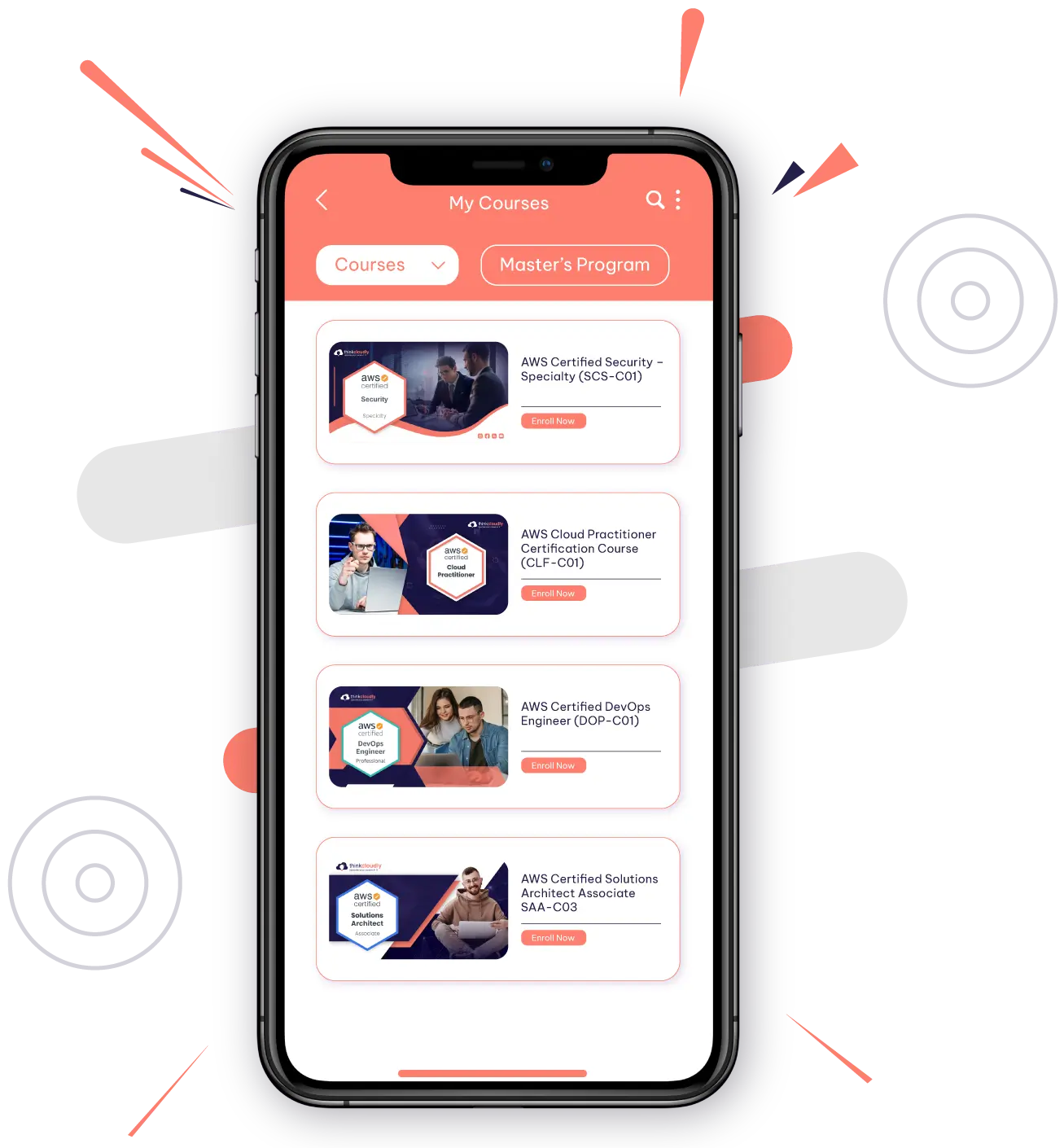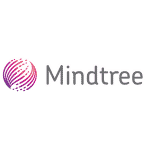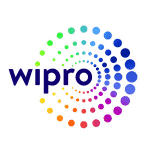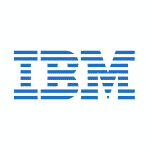Introduction The Jenkins Certification Exam
There are numerous certifications that one can choose from in this endlessly growing industry. There are certifications which are of basic level and some are intermediate and advanced. But all of these can be very crucial to build your career in the relevant field and Thinkcloudly is tirelessly working towards the goal of spreading awareness about the grave importance of these courses.
They have therefore come up with another course which is the Jenkins Certification Course which thoroughly combines all the necessary knowledge related to the Jenkins ecosystem which will help young minds to benefit themselves individually and as a community as well as the organizations that they will work for in the future.
Cracking the Jenkins Certification Exam is not as hard as it seems to be if you dedicate a decent amount of hours and keep in mind some important points that we are about to discuss with you.
Let us begin with the Jenkins Online Courses that you should go for to ace the Exam:
1. Jenkins, From Zero to Hero: Become a DevOps Jenkins Master
2. Continuous Delivery & DevOps
3. Jenkins Bootcamp: Fully Automate Builds Through Deployment
4. Jenkins: Continuous Integration and DevOps with Java and .NET
5. Learn DevOps: CD/CI with Jenkins using Pipelines and Docker
6. Building a Modern CD/CI Pipeline with Jenkins
6. And last but not the least – ThinkCloudly’s DevOps: Certified Jenkins Engineer (CJE)
If you conclude one or a few of these Jenkins Certification Course and training, it won’t be as hard to pass the exam that you are nervous about. These courses will provide you with the abundance of information and skills which will help you to dive into the world of the Jenkins Ecosystem.
What to remember while giving the Jenkins Certification Exam:
The most arduous part of any exam is to manage time. You can’t forget that there is a limited time given to solve your exam and you also need to go back to the answers which you weren’t so sure about. Rechecking the paper is extremely crucial.
Why is it important to get your hands on the Jenkins Certification:
You get recognized as someone who is well versed with Jenkins and how it works more than someone who is non certified. As not everyone can clear this exam, you need to work hard to make it happen as Jenkins Certification is a Professional-grade Certification. You cannot just clear it with just joining the courses or reading books about it, one needs to understand and comprehend the working of it and also be experienced with the practical part of it.
You will not get to keep any documentation regarding the exam, therefore it will be solely based on the knowledge that you have gathered all this time. The easiest way will be to keep brushing off the basics and your skills which will work as a helping hand in the exam.
Interview Questions that might come in handy:
1. What is Jenkins?
- Here, you can answer this question by telling the interviewer about the various aspects of Jenkins, as well as the uses of it. Like keeping track of the version control system and monitoring a build system if there are some required changes. This includes the immediate notification and alerts.
- You can also let them know the various reasons as to why Jenkins is so widely used.
- Bonus point is adding the essential features to your answer so that the interviewer knows that you are well versed with the subject. To help you with a few, the key features can be that it is a free and open source automation tool, it provides pipeline support, it allows the user to get easy upgrades.
2. How do you install Jenkins?
- Give them a step by step process of installation like you would tell a beginner :
- Install Java
- Install Apache Tomcat Server
- Download Jenkins war File
- Deploy Jenkins war File
3 What is a CD/CI pipeline?
- The CD/CI pipeline is considered to be the most important part of DevOps’ approach, as it is responsible for running tests, building codes, and deploying new software versions.
4. Name different types of these pipelines
- There are three types of Jenkins Pipelines, namely : CD/CI pipeline, Scripted pipeline, and Declarative pipeline.
5. Name some continuous Integration tools other than Jenkins
- TeamCity
- Travis CI
- Go CD
- Bamboo
- GitLab CI
- Circle CI
- Codeship
Listed above are some examples of Jenkins Interview Questions which can be asked during an interview. Be well aware of all the aspects in and related to Jenkins and you’ll be good to go. The Courses that you take will also help you prepare for these questions.
Conclusion
The Jenkins Certification examination will definitely be challenging and troubling as we have mentioned earlier that it is a Professional grade Certification. As there is not much related to the very subject, the interviewers or the professors are most likely to ask you the minute details in it, along with the various aspects it comes with. Make sure that you know what you are doing and carefully scan each and every part of the subject.
By giving a decent amount of hours to the preparation of the Jenkins Certification Exam, you can expect to pass the exam even though you have not done it before.












No comment yet, add your voice below!